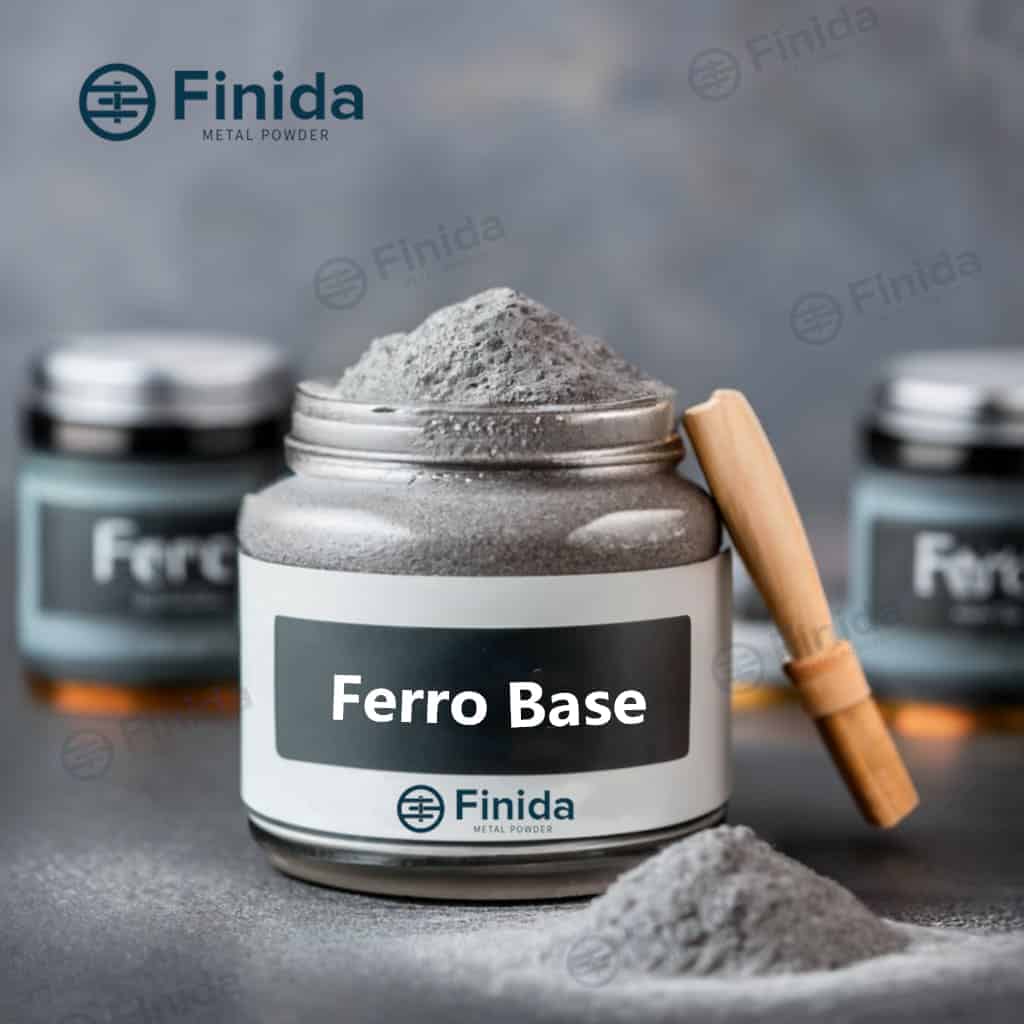Comparative Analysis of Common Metal Powder Manufacturing Processes
The production of metal powders is a critical process with widespread applications in various industries. The choice of manufacturing method is pivotal in determining the properties and quality of the final metal powders. In this comprehensive article, we’ll conduct a detailed comparative analysis of several widely-used metal powder manufacturing processes, including granulation, water atomization, and electrolytic deposition.

Unpacking Metal Powder Manufacturing Processes
Gas atomization is a widely favored technique for producing metal powders. It involves melting the metal and then atomizing it using a high-velocity gas stream. This method yields spherical and uniform powders, known for their excellent flowability. Gas atomization is versatile and can be applied to various metals and alloys.
Water atomization employs a water spray to rapidly cool and solidify molten metal, resulting in finely sized particles. The process ensures consistent particle size distribution, making it suitable for various applications. Water atomization is particularly well-suited for metals requiring high-quality spherical powders.
Granulation is a process that agglomerates metal particles into granules, often employed for the production of irregularly shaped powders, commonly used in the pharmaceutical industry and specialized applications.
Electrolytic deposition is a unique process that employs electrolysis to deposit metal onto a substrate. It is particularly useful for producing metal coatings or specific forms of metal powders.
Mechanical milling relies on mechanical forces to break down larger metal materials into fine powders. It includes methods like ball milling, metallurgy, and mechanical crushing. While versatile, the uniformity of the resulting powders may vary based on the specific method and materials.
The Plasma Rotating Electrode Process (PREP) is an advanced method for producing high-quality metal powders. It involves melting a metal electrode with a high-power plasma arc and atomizing the molten material, resulting in fine and spherical powders. PREP is often preferred for producing reactive and refractory metals.
Electrostatic Inert Gas Atomization (EIGA) is a unique process that employs electrostatic charges to control the atomization of metal. It offers precise control over particle size and shape, making it ideal for applications where customization is crucial.
Comparative Analysis: Selecting the Right Process
Choosing the most suitable metal powder manufacturing process is dependent on various factors, including the type of metal, desired powder characteristics, and intended applications. Gas atomization and water atomization are preferred for producing high-quality spherical powders. Granulation is chosen for irregularly shaped powders, while electrolytic deposition is suitable for specific applications. Mechanical milling is versatile but may yield less uniform results, PREP is suited for reactive metals, and EIGA is ideal for customization.
Types of Metals Suitable for Each Process
Suitable for a wide range of metals and alloys, including steel, aluminum, and copper.
Ideal for applications where irregularly shaped powders are required.
Suited for producing specific forms of metal powders or coatings.
Versatile for various metals and alloys, but the results may vary.
Suited for reactive metals like titanium, zirconium, and hafnium.
Offers customization options for metals with specialized requirements.
The Advantages of Finidatech
As a leading provider of high-quality metal powders and customized solutions, Finidatech stands at the forefront of metal powder manufacturing. Our expertise covers an array of processes and a wide range of metal types, ensuring that we can meet the unique needs of diverse industries. Whether you require spherical powders for 3D printing or specialized alloys for aerospace applications, our solutions are designed to elevate your projects.
Make the Right Choice
Selecting the appropriate metal powder manufacturing process is crucial for achieving desired outcomes in your projects. Contact Finidatech today to explore our tailored solutions and discover how we can help you excel in your applications.



